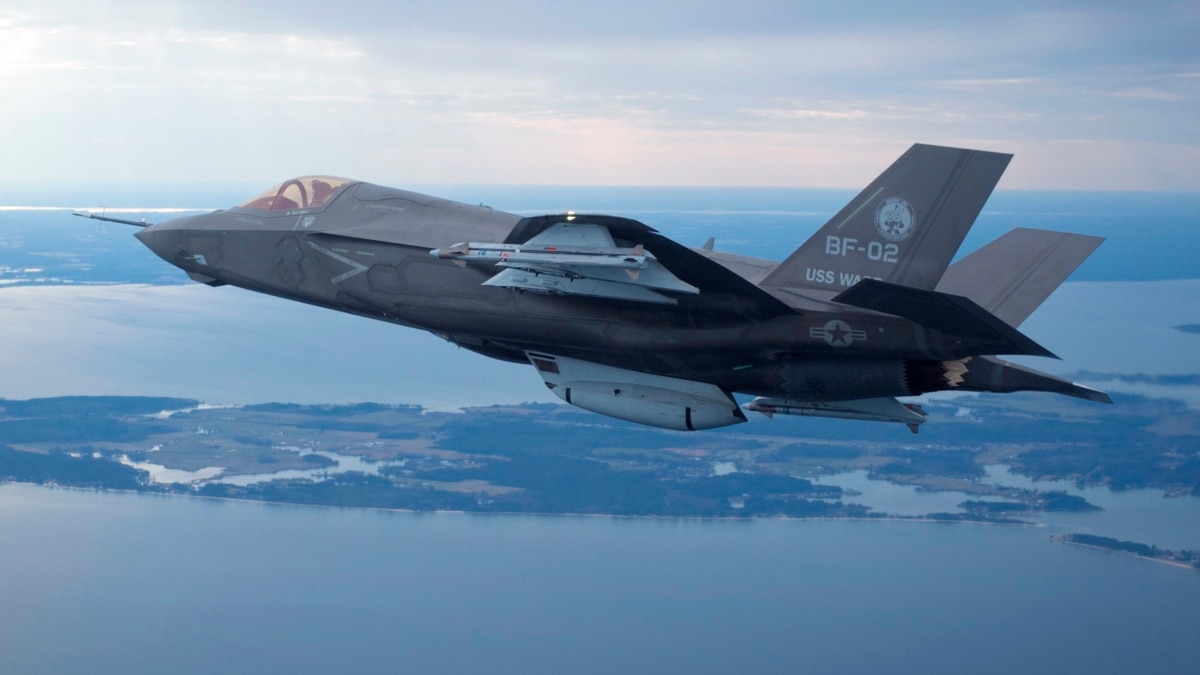Escalating Tensions: UN Security Council Urges Restraint in India-Pakistan Conflict
In the wake of a deadly terror attack in Pulwama, which claimed 26 lives, the United Nations Security Council convened for closed-door consultations focused on the escalating tensions between India and Pakistan. UN Secretary-General António Guterres has called for both nations to exercise maximum restraint, emphasizing the need to avoid military confrontation that could spiral out of control. With geopolitical stability hanging in the balance, the international community is closely monitoring the developments.
UN's Call for Restraint
During the consultations, Guterres highlighted the critical need for both countries to back away from the brink of conflict. He stated, “Now is the time for maximum restraint,” reflecting his ongoing outreach efforts with both nations to de-escalate tensions. Pakistan, as a non-permanent member of the Security Council, sought to brief member states on the situation, emphasizing the serious risk of escalation that threatens regional and international peace and security.
Despite these efforts, the consultations concluded without any actionable outcomes. The urgency of the situation was underscored by Russian President Vladimir Putin's call to Indian Prime Minister Narendra Modi, expressing full support for India's fight against terrorism. Putin stressed the necessity of bringing the perpetrators of the attack to justice.
Regional Security Discussions
In a related development, Iran's Foreign Minister, Hossein Amir-Abdollahian, met with Pakistan's President Arif Alvi to discuss regional security dynamics. This meeting, alongside discussions with Pakistan’s Chief of Army Staff, General Asim Munir, reflects the broader geopolitical implications of the tensions between India and Pakistan.
As tensions escalate along the Line of Control (LoC), Indian Prime Minister Modi has convened a high-level security review with key officials, including the National Security Adviser and the Defense Secretary. The situation remains volatile, with ongoing small arms firing reported along the LoC from the Pakistani side, prompting a proportional response from the Indian army.
UN Secretary-General's Concerns
Guterres expressed his deep concern over the deteriorating relations between the two countries, marking the situation as one of the most serious in recent years. He condemned the targeting of civilians and called for those responsible for the violence to be held accountable through lawful and transparent means. Notably, Pakistan continues to deny involvement in the Pulwama attack, despite India's assertions linking the act to the Pakistan-based group, Lashkar-e-Taiba.
In a provocative statement, Pakistan's ambassador to Moscow warned of the potential for using the "full spectrum of power," both conventional and nuclear, should war break out. This assertion raises alarm among international observers, emphasizing the need for diplomatic solutions.
Conclusion
As the situation unfolds, the UN Security Council remains a critical platform for dialogue and de-escalation. With ongoing military tensions and rising rhetoric from both sides, the international community watches closely, urging restraint to prevent a further deterioration of peace in the region. The road ahead is fraught with challenges, and the implications of this crisis will resonate well beyond South Asia.
Stay tuned for further updates on this developing situation.
What's Your Reaction?















